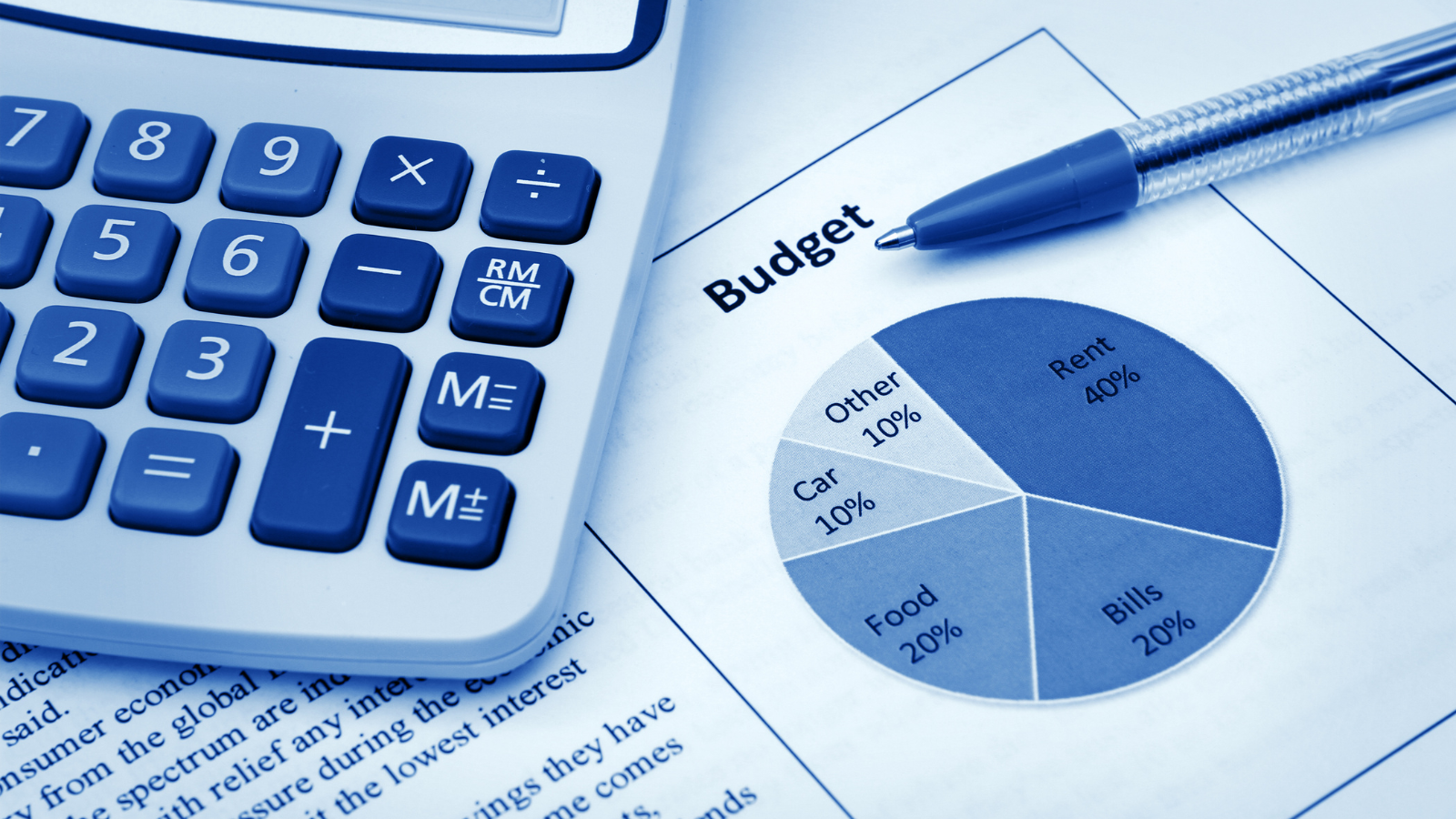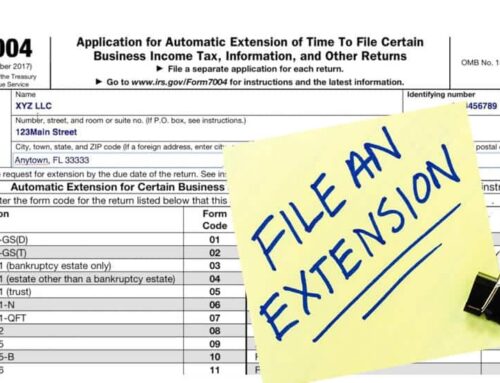This old year is fading fast, and many of us are looking forward to clean slates and fresh starts. Perhaps we are even drafting a resolution or two about how next year will be different.
According to a poll published in the New York Post, approximately half of those who make New Year’s Resolutions will be focusing on their physical health. While that may be true, resolutions that center on your wallet instead of your waistline are more likely to be achieved.
At Hayes and Associates, we can’t help but think financial planning goals are some of the most important ones you can set. After all, sound investing and fiscal strategy can provide you with the resources to achieve those other aspirations you’ve been dreaming of. Read on to learn some practical steps you can take today to make the most of your financial health.
1. Set Realistic Financial Planning Goals
Did you know that most people who make New Year’s Resolutions have abandoned them completely by March? How discouraging!
The problem lies not so much with the individual but with the vagueness or loftiness of the goals. For example, if you are a sales clerk making $30,000 per year, you’re not likely to put $10,000 in savings in a single year. This goal isn’t realistic, so trying to reach an unattainable goal will discourage and demoralize.
When you seek to set financial goals for yourself, strike a balance between achievement and challenge. Push yourself to work hard toward the goal, but don’t make it so impossible that you’ll abandon it altogether.
Accountability also helps. If you share your financial goals with someone else, such as a spouse, close friend, or your accountant, and give them the freedom to inquire about your progress, you’ll be more likely to stick to your goals.
2. Pay Down Debts
Are you aware of your current debt-to-income ratio? If not, it’s time to evaluate. A healthy debt load is considered 35% or less of your monthly income.
For most, the largest debt load we carry is our home, so paying down that mortgage ahead of schedule will save you thousands in fees. Why not try to make one extra payment toward the principal per year, beginning in the new year ahead?
Credit cards are the chief culprit of unnecessary debt. If you aren’t already in the habit of paying off your card in full each month, now is the time to do so! Those fees compound quickly when you don’t.
When it comes to taking out loans, whether for a new vehicle or a home improvement project, only borrow as much money as you need to get what you need, even if your excellent credit rating qualifies you for a much larger sum.

3. Create a Budget
Do you have a monthly budget? Has it been updated recently? Kids seem to become more expensive in direct proportion to their growth, and each new season comes with shifting expenses and new financial obligations.
To conduct a budget checkup, look at your net income and expenses over this past year. Look at how much you are saving as well. Are you overspending or undersaving? What adjustments do you need to make to both live within your means and prepare for a sound financial future?
4. Save for Upcoming Expenses
If you’ve got major expenses coming up in the next year or shortly thereafter, such as college, a wedding, or major home renovations, do yourself a favor and plan ahead to reduce your stress and avoid accruing debt. If you haven’t already started setting aside money each month for the looming expense, don’t delay another day! You’ll come out far ahead in the long run if you can pay cash instead of accruing more debt.
The easiest money to save is that which you never touch. If you have the option to utilize direct deposit of those savings funds into a separate account, do so. You won’t miss what doesn’t pass through your hands.
5. Create an Emergency Fund
Of course, not every expense can be predicted ahead of time. There’s no way to know in advance when you’ll receive a devastating medical diagnosis, or a storm-damaged roof will need replacing.
For this reason, you’ll be wise to keep an emergency fund with the equivalent of three to six months of your living expenses in it. If you don’t have a fund yet, start now and strive to set aside one to two months’ worth of funds this year, and then keep adding until you’ve got solid financial security, no matter what comes your way.
6.Evaluate Your Investment Portfolio
This is a great time to evaluate the health of your investments. We’ve had some economically volatile years recently, so it’s likely you have seen some shifts in your portfolio’s performance. That makes it a great time to schedule a consultation with your financial advisor at Hayes and Associates to discuss your goals, progress toward those goals, and any adjustments that may prove advantageous in the new year.
7. Check Insurance Policies
While you are securing your future and preparing for the unexpected, pull out your insurance policies for life, automobile, health coverage, and your home. Read over the terms of each and evaluate whether they effectively meet your needs or not. If you find you’re paying for coverage you don’t need, get in touch with your agent and inquire about making changes.
You may also find you need to increase your coverage or purchase specialized insurance, such as wind or flood, or perhaps long-term care. Read the fine print and be sure you understand the terms of the contract before you sign up.
If you haven’t done so recently, make a video of the contents of your home and the things that you have insured, such as vehicles, recreational equipment, etc. Keep this documentation accessible in case you ever have to file a claim.
Financial Planning…the Resolution You Can’t Afford Not to Keep
Your financial health isn’t just one more goal to aspire to in the new year, it’s a vital step toward your and your family’s future security. If you’d like help in budgeting, financial planning, estate planning, tax filing, or any other check-up on your finances, give Hayes and Associates a call. We can provide you with a roadmap and the support you need to meet all your goals for the new year.





